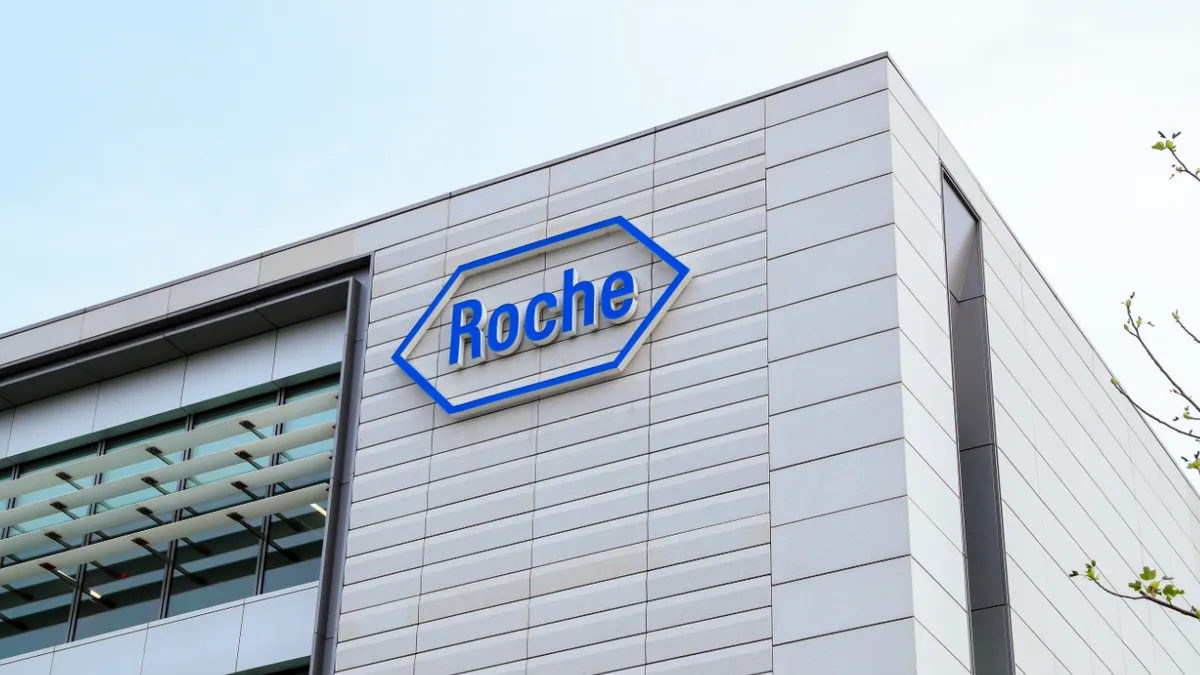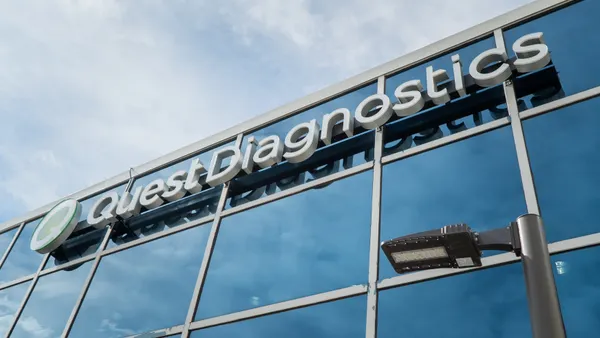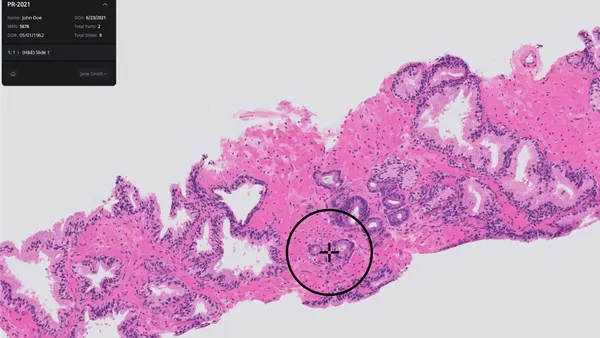Dive Brief:
- Roche has struck a deal to distribute Prenosis’ recently authorized AI sepsis detection tool in the U.S.
- Prenosis said last week that Roche will make the tool available as part of its Navify Algorithm Suite, a collection of algorithms that a medical and cross-functional team at Roche has validated.
- Roche Diagnostics began working with Prenosis in 2020 and expanded the agreement in 2021. The partnership positioned the companies to work to bring the sepsis test to the U.S. market.
Dive Insight:
Prenosis’ Sepsis Immunoscore software analyzes 22 parameters such as respiratory rate and blood pressure to assess the likelihood that a patient will develop sepsis within 24 hours. Companies including Epic Systems, a leading provider of electronic health records, have developed software for assessing sepsis risk, but Prenosis broke new ground with its recent de novo authorization.
The authorization provided external validation of software competing against Epic’s product, which a 2021 study found to be less accurate than claimed. Prenosis said the Roche collaboration could increase access to Sepsis Immunoscore.
“With the extensive market reach of Roche Diagnostics and ethical standards for AI-driven solutions, more hospitals and healthcare providers can take advantage of ImmunoScore, and its clinical utility in the fight against sepsis, in a responsible way,” Prenosis CEO Bobby Reddy Jr. said in a statement.
Roche introduced the Navify Algorithm Suite in April 2023 to make it easier for physicians to use medical algorithms. The company also pitched the platform to third-party software developers as a “direct channel” to physicians who may use their products. Roche designed the platform to embed in existing workflows, medical record software and information systems, and to comply with global data regulations.
In October 2023, Prenosis laid the foundations for commercializing its products in hospitals. The company appointed Robin Carver as vice president of health system engagement, and Brian Bray as vice president of technology. Both have experience of commercialization in acute care settings and hospital IT integration.













